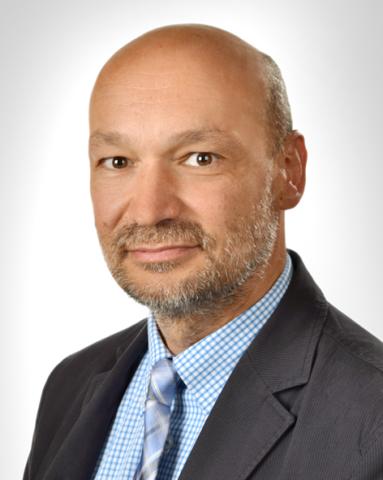event
Visiting Seminar: DC Surface Current and Partial Discharge Experiments at Highly Stressed and Polluted Insulators
Primary tabs
Abstract: DC technology is an energy efficient and environmentally friendly approach for the grid integration of large energy storage systems and renewable energy resources (such as wind and PV).
A relevant design parameter for DC components is the required creepage distance along any insulator or insulating and polluted surface.
For the investigation of the performance of several insulation- (bulk- ) materials (glass, PVC, and epoxy resin) polluted with graphite, sand, and saltwater, a basic test setup consisting of an electrode geometry applying an almost uniform electric field along the test samples surface was developed. The surface current and the partial discharge (PD) activity where measured while ramping the voltage level up to 60 kV in 5 kV to 10 kV steps, achieving a maximum electric field strength of 10 kV/cm.
The surface current was measured by means of a self-developed low-cost current sensor connected via a glass fibre communication to a personal computer.
The results (presented in the talk) show, that the surface current level is influenced by the type of pollution significantly as long as the pollution moves at the insulators surface and conductive pollution reduces the effective creepage distance. The local field distribution (field excess) in the vicinity of pollution causes PD the as well as the motion of mobile pollution particles. The mobility of pollution is influenced by the type of pollution and the bulk material.
Future work shall consider specific environmental conditions such as humidity and temperature. Extending of the tests to a combined stress setup, consisting of a DC source and a lightning pulse generator is planned and a concept is introduced in the speech.
Bio: Technology and High Voltage Engineering), where he investigated the gas flow influence onto magnet blast arc motion in miniature circuit breaker arc chutes. He started his industry career at the surge arrester R&D department at ABB / Switzerland. In 2000 he joined the University of Applied Sciences Upper Austria (Wels) and 2023 the “Energy Institute” at the Johannes Kepler University in Linz / Austria.
He developed several international study degree programmes with the focus on energy engineering. 2015 he built up a high voltage and high current test facility with a total investment of 3.000.000 Euros.
His current research focus is on future electric energy distribution and storage systems. Currently he is researching in the field of compact high-power fuses for electric cars, electric insulation systems for DC applications, as well as on the short circuit and overvoltage protection of DC power supply. At the “Energy Institute” he is the head of the technical department where approaches for future renewable and low carbon technologies energy supply are investigated.
Peter Zeller is a co-funder of the Austrians DC initiative and a member of several associations (IEEE working group TC 81 for lightning protection, Current Zero Club for low voltage,…)
Status
- Workflow Status:Published
- Created By:zwiniecki3
- Created:03/20/2024
- Modified By:zwiniecki3
- Modified:03/20/2024
Categories
Keywords

